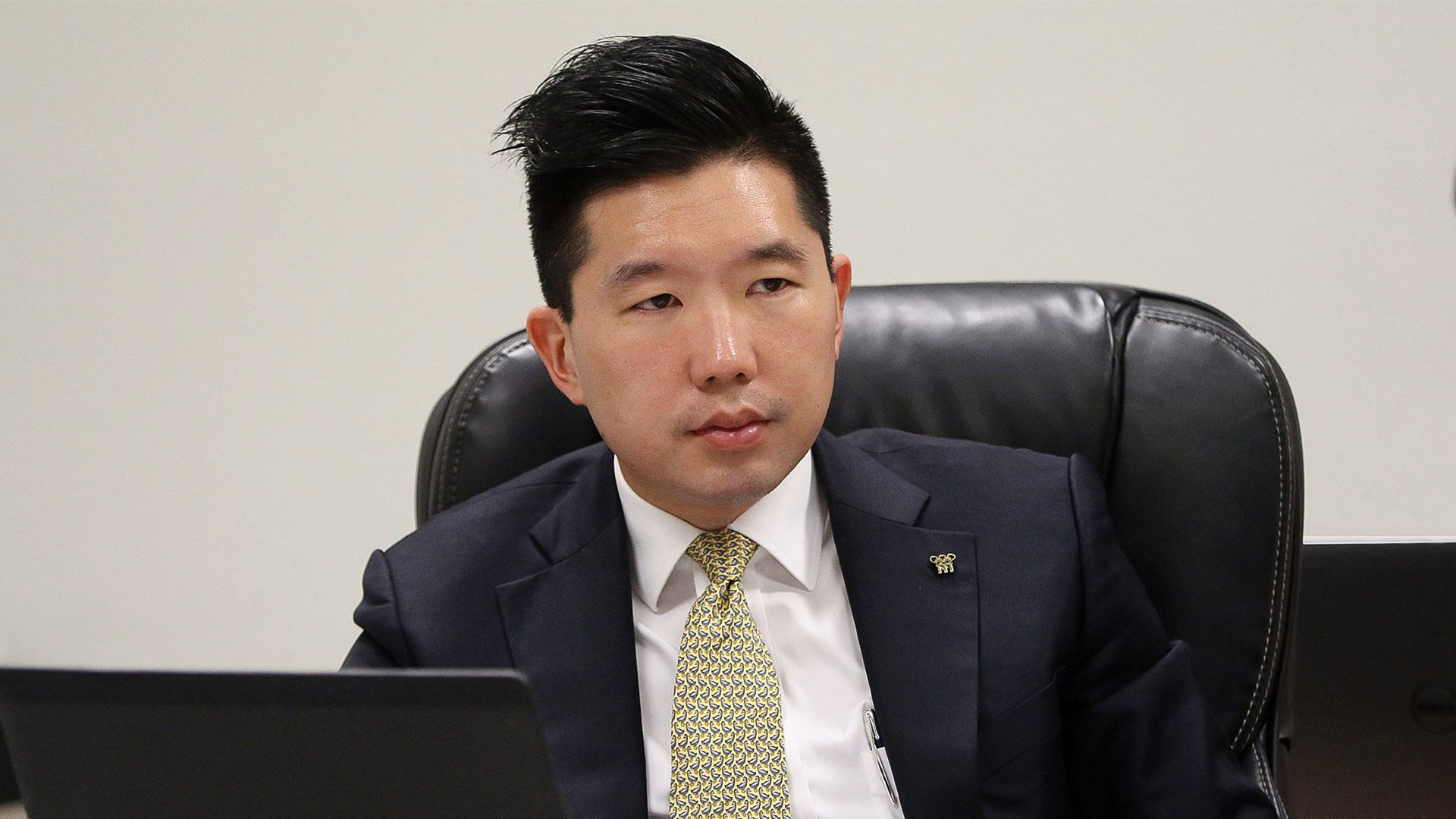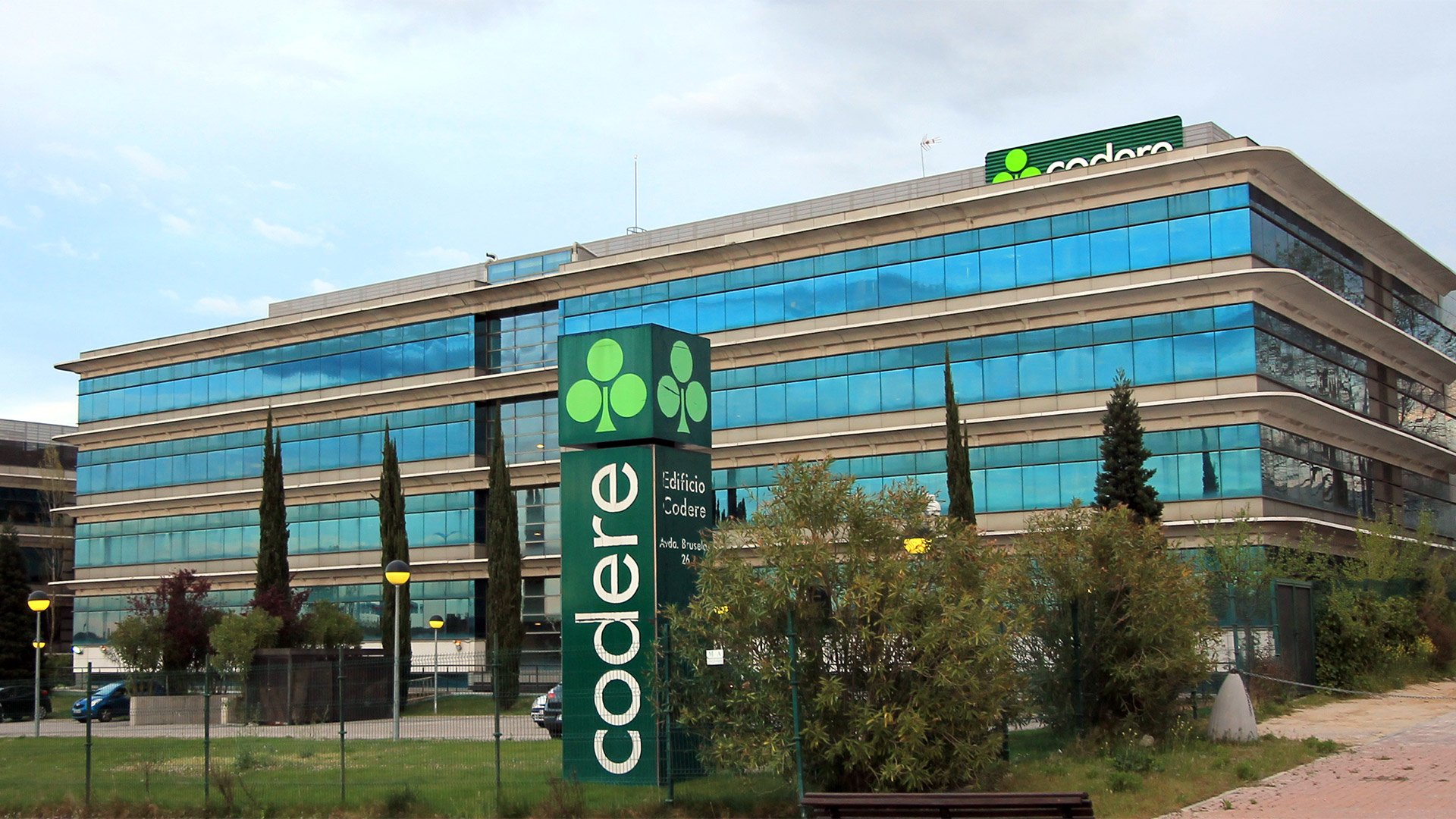Hawaii: Bill seeking to ban ads for Las Vegas casinos sent to full Senate

On Thursday, the Hawaii Senate's Committee on Commerce and Consumer Protection approved a bill that would ban casino advertising in the state. The proposal was amended to remove references to Nevada resort properties, including Las Vegas-based Boyd Gaming, which for decades has run a business to attract Hawaiians to Sin City. The bill passed with a 3-1 vote and will now be sent to the full Senate.
Senate Bill 935 was introduced on January 20 by Sen. Stanley Chang. Committee Chairman Jarrett Keohokalole, D-Kane‘ohe, said an entire section of the bill would be eliminated, and a new section added that would establish a tax on trips to gambling destinations to fund the treatment of Hawaii residents with gaming addictions.
The proposed changes came after several of those who testified before the committee warned that the bill, as introduced, would not stand up to First Amendment scrutiny.
Hawaii Legislature.
"We’re going to accept the attorney general’s recommendation and delete Section 2 so that it deletes all specific references to commercial advertising and to the state of Nevada, Keohokalole said, as reported by the Las Vegas Review-Journal.
"We will create a new section in the measure which directs the tax revenue collected (as) proposed in the bill into a special fund housed in the Department of Human Services for data collection and treatment of gambling addictions for Hawaii residents," he further added. "We will also blank the tax percentage amount proposed in the measure."
Committee Chairman Jarrett Keohokalole.
Hawaii Attorney General Anne Lopez said in a two-page pre-filed memorandum that the bill "may be subject to challenge under the First Amendment to the United States Constitution and article I, section 4, of the Hawaii State Constitution as an unconstitutional restriction of commercial speech."
Furthermore, Vacations Hawaii, a subsidiary of Boyd Gaming, submitted a written comment to the committee in which it urged the bill to be rejected. Moreover, the statement sought to dispute financial information that was provided in the bill, which suggested that Boyd's downtown Las Vegas properties had generated a revenue of $600 million from Hawaii-based customers in 2022, which was close to three times the amount received from all domestic and international visitors of the California Hotel, the Fremont and Main Street Station.
"SB935 will hurt the local economy and negatively impact local businesses and employees in the Hawaii advertising, hospitality, and airlines industries," the company said, according to the above-mentioned media. "Vacations Hawaii has various business partnerships and contracts with local advertisers and Hawaiian Airlines. These partners are local companies that employ thousands of Hawaii residents and generate a significant impact on the state’s economy."
"SB 935 would likely force Vacations Hawaii to cancel these partnerships with local companies that are still recovering from the economic impacts of the COVID-19 pandemic, resulting in negative economic consequences," the firm added.
Aerial view of Honolulu
Hawaii resident Ray Cho, project coordinator at the Center for Gambling Studies at the Rutgers School of Social Work in New Jersey, who assisted Chang in drafting the bill, voiced support for the proposal.
"The spirit of SB935 is to spark a broader conversation about gambling and Hawaii," Cho said, according to the Las Vegas-Review Journal. "SB935 would generate revenue for necessary programs while avoiding the ills of having gambling in Hawaii. Independent of whether an activity is legal or not, Hawaii has an obligation to prevent and treat addictions. Hawaii is failing to meet this obligation."
Cho testified that a 2009 National Council on Problem Gambling study estimated the social costs of gambling for Hawaii at $26.3 million. "The NCPG estimates that 24,000 people in the islands struggle with compulsive gambling, and the state Department of Health said it has no data on gambling addiction in Hawaii," he said.
Keith Whyte, director of the NCPG, said in 2022 that Hawaii is ill-prepared to deal with the specific kinds of help needed for those affected by gambling addiction. Treatment providers across the islands have echoed this sentiment, despite Hawaii being one of two states with no legalized gambling or a lottery.



















































